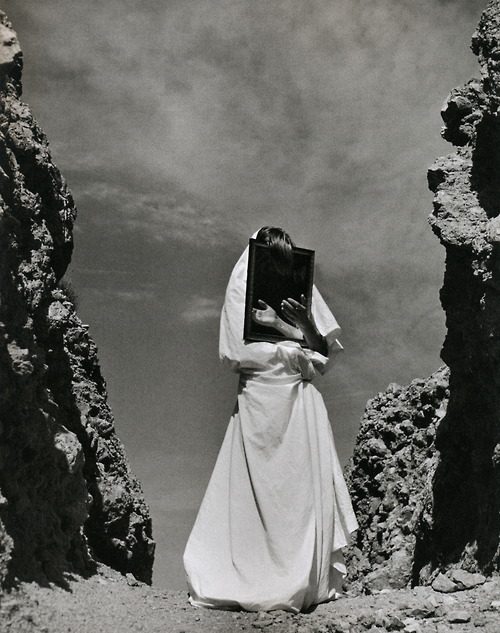ACT I
Egypt, during the reign of the pharaohs. The empire is at war with Ethiopia. Aida, the daughter of Ethiopia’s king Amonasro, has been captured and is now slave to Amneris, the pharaoh’s daughter. Aida and Radames, captain of the Egyptian guard, love each other but they keep their feelings secret. Princess Amneris is also in love with Radames, and she suspects there is an amorous relationship between her slave and Radames. Driven by jealousy, she asks the girl why she is so sad, and Aida answers her saying she is concerned for the Ethiopians, although she is trying to hide her feelings of love for Radames. Amneris, however, is not convinced by her words. A messenger announces that the Ethiopian army has invaded Egypt. Radames is chosen by the goddess Isis to fight the enemy and leaves for the battle front. Meanwhile, a ceremony is being held at the temple to invoke the protection of the gods.
ACT II
Radames has won the battle, and preparations are being made on the outskirts of Thebes to receive the hero. While Amneris is dressing for the occasion, Aida is visibly affected by the defeat of her people and concerned for what may have happened to her lover. The princess deceives her slave, telling her that Radames has died in battle, to see her reaction. Distraught, Aida admits to her feelings for him, which confirms Amneris’ suspicions. Amneris tells her that Radames is actually alive and from then on the two young women are rivals.
The ceremony begins. The Egyptians are euphoric as they receive their victorious troops and prisoners of war. Aida recognises her father Amonasro amongst the prisoners of war. Radames intercedes so that the prisoners are pardoned. The king accepts -although the priests oppose the decision- and requests that only Aida and her father remain captive. Radames is given his daughter’s (Amneris) hand in marriage as a reward for his victory.
ACT III
Night on the banks of the River Nile. Amonasro appeals to patriotic values in an aim to pressure his daughter into helping him discover the plans of the Egyptian army, and the girl agrees despite the fact that she will betray her lover. When Radames arrives, Aida manages to coax out of him where the Egyptians will attack. Amonasro, who is hidden and listening to their conversation, now has the information he requires and he runs off with his daughter Aida. Overcome with jealousy, Amneris accuses Radames of being a traitor.
ACT IV
Radames is condemned to death, much to the dismay of Amneris. The princess has tried in vain to save him from the cruelty of the priests, but the sentence of the “ministers of heaven” remains unchanged. Radames is to be buried alive in the grave at the temple. But he will not die alone as Aida has managed to enter the crypt without being seen, with the intention of dying by his side. As the lovers’ voices fade, Amneris prays to Isis for Radames to rest in peace.


